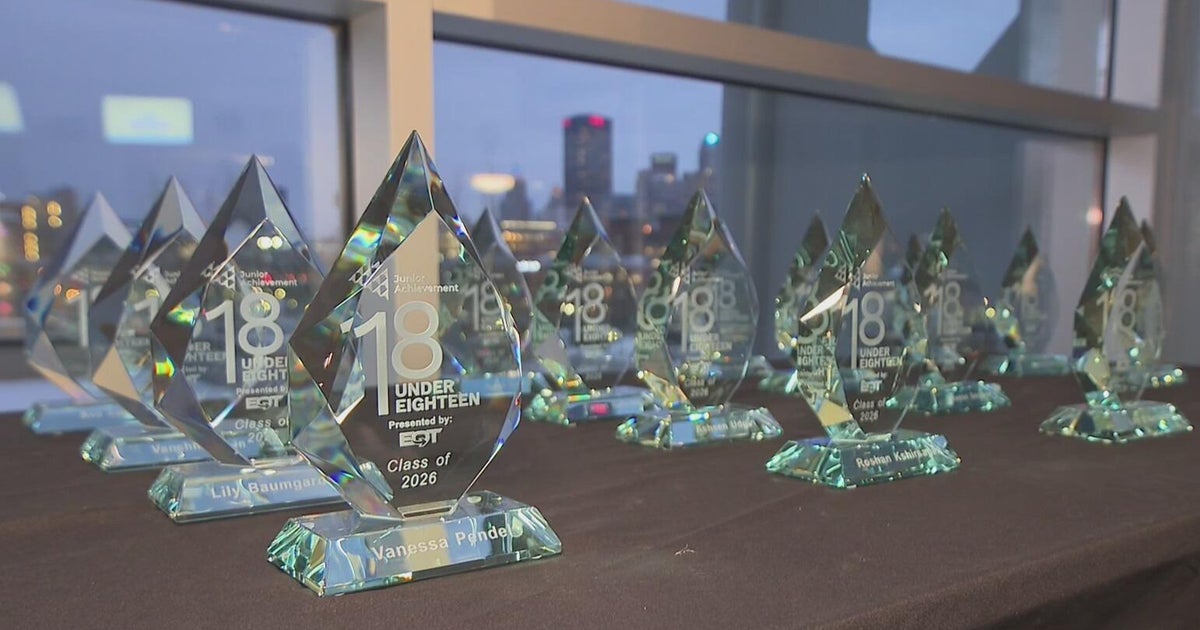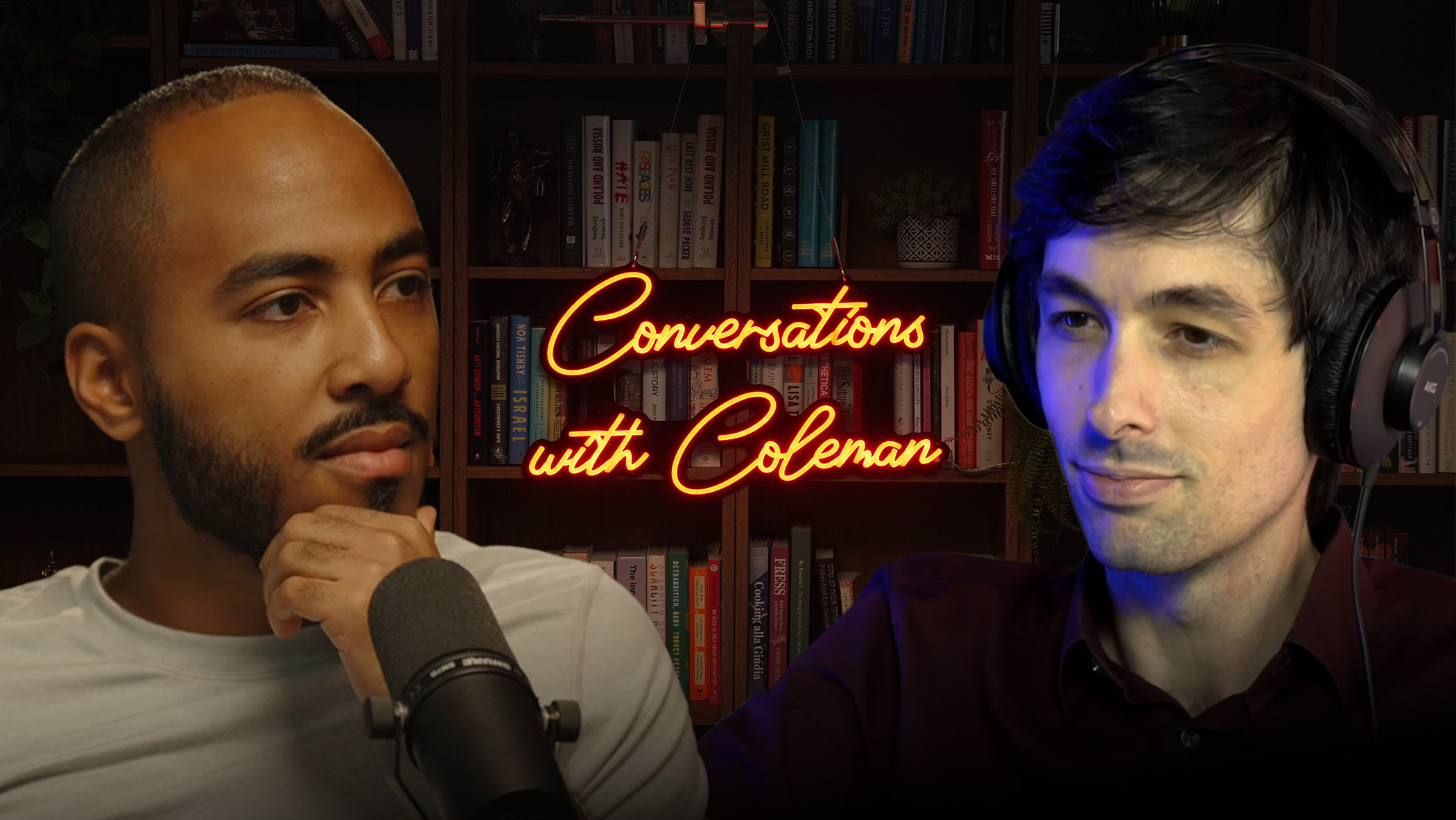Don't make these job interview mistakes
COVID-19 has had a profound impact not only on the job market, but also on the traditional job interview. For the first time in decades, applicants for a position suddenly have leverage amid low unemployment and a shortage of workers. The pandemic also altered both what many job-seekers are looking for, such as the chance to work from home, and the kind of skills employers most value, including an ability to roll with the punches when crisis strikes.
Today, a successful job interview will feel more like a stimulating dialogue than a one-sided interrogation, according to career experts. It also means avoiding some of the most common pitfalls. Here are some mistakes to avoid at your next interview, along with some tips that can help you stand out from the crowd.
Don't trash your old boss
First, don't bad-mouth your previous employer when asked why you left or are seeking a new job elsewhere, which is a question that will likely come up.
"You should not throw your previous leader or company under the bus," said career coach Ken Coleman. "Even if it's true that you are leaving a toxic environment or horrible boss, that can make an insecure leader say, 'Are you going to say that about me? Or are you the problem?'"
Instead, focus on why you are excited to be part of a new team.
"Leave well, take the high road and focus on the positives as to why you're wanting to join them," Coleman added.
Ditch the WFH attire
Don't make the mistake of dressing too casually, which can come off as unprofessional, even if the work environment is relaxed or you are interviewing from home.
"One of the top red flags employers report is meeting candidates with unprofessional appearances," said Vicki Salemi, a career expert with global employment website Monster. "Make sure your hair is brushed, don't wear a baseball cap, don't wear sweats. Look polished, even if it's a casual environment or you're interviewing remotely."
Bob Slater, a real estate executive and career expert who runs a coaching business with his son, Nick Slater, also urged job seekers to "put away the rabbit slippers and dress better than you think you have to."
Don't recite your resume
Another mistake many job-seekers make when responding to the common "tell me about yourself" interview prompt is listing accolades or degrees they hold without contextualizing them.
"The first question is almost always, 'Tell me about yourself,' and they are not looking for you to go through your work history, college degrees, certificates and titles," said author and communications coach Carmine Gallo.
Instead, it's an invitation to tell a story about yourself.
"They may not use the word 'story' but they are asking you to tell them a story, not for a recitation of facts," he said.
Know your strengths
A standard, but potentially difficult, question that is easy to mishandle in a job interview is, "What are your greatest weaknesses?"
Hopefully, the role for which you are interviewing plays to your strengths, and your weaknesses won't interfere with your ability to perform well on the job. So the best way to address this question can be to highlight a weakness that you've worked hard to improve or eliminate by, for example, taking online classes in a particular discipline.
Rule of thumb: "Don't say, 'I have a drinking problem,'" Slater quipped. "Start by nailing your strengths and showing you know what they are."
Nick Slater agreed that a worker who knows what they're best at — and where they can improve — will stand out from other candidates.
"Everyone has weaknesses, and part of being a good, productive worker is figuring out what they are and working on them. I've been able to point to a weakness of mine — say legal writing — then demonstrate improvement on it," he said. "You're being honest about a weakness, but at least it's one that you've recognized and taken steps to improve on."
Prepare questions
Show you are keenly interested in a job by asking probing questions about the role, such as, "How will success be measured?" and "What's the growth trajectory of this role?"
It can also be helpful to send prepared questions to the interviewer in advance of a meeting, according to Joe Mullings, CEO of The Mullings Group, a search firm. That shows initiative, while also ensuring a substantive conversation — one that you've had a chance to prepare for in advance.
"It sounds a little bold to send those questions to a hiring manager, but if they think you're high-maintenance or are dismissive, imagine what the rest of your interaction is going to be like," he said.
It's also OK — and even recommended — that candidates discuss salary and compensation early on in the recruiting process.
"There are a number of components to your offer, including base salary, a bonus, ability to work remotely, a relocation fee and additional investments as far as seminars subsidized by the client," Mullings said.
Be flexible
One of the most important traits a candidate can display in today's job market is flexibility, Amanda Livingood, career expert at job search site Glassdoor, told CBS MoneyWatch.
"In this new environment, lean into demonstrating how flexible and resilient to change you are. Share examples of adaptability, demonstrate enthusiasm," she said. "There have been very few constants in business over the past couple of years. Showcase your resilience."
Relatedly, you might be asked whether you prefer to work remotely or from an office, and it's important to be aware of a company's policy on remote work in advance of the interview.
"Questions will come up around the new working world like, 'What is your preferred working environment?' We recommend being truthful and authentic there about how you are going to be able to do your best work," Livingood said.



